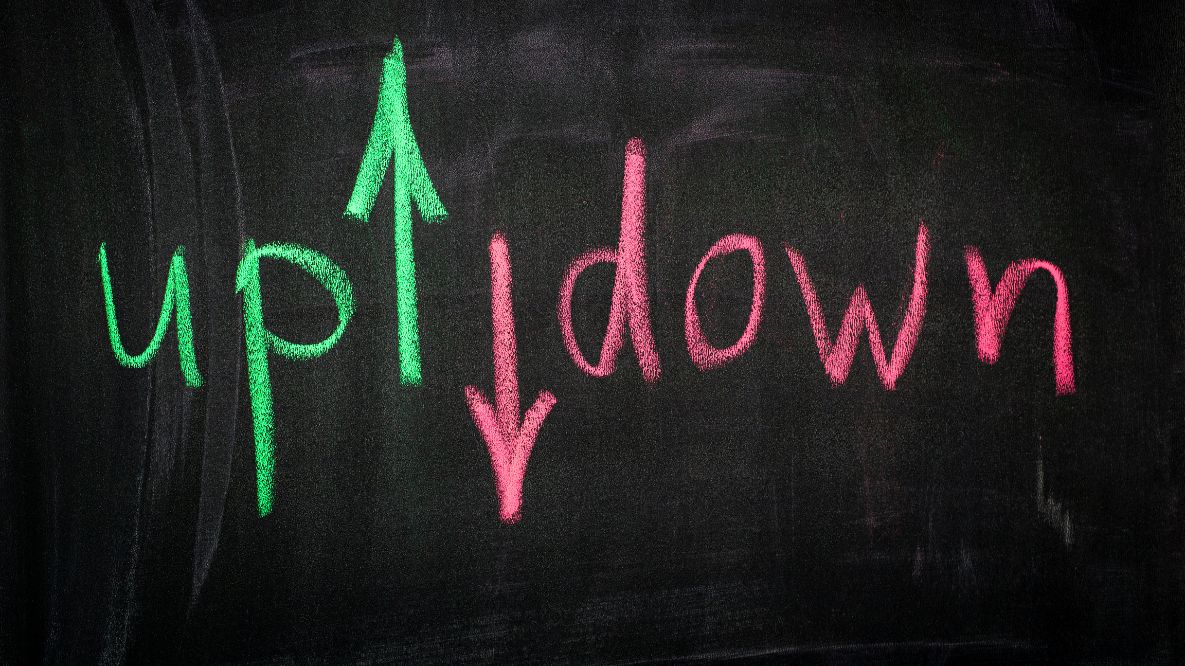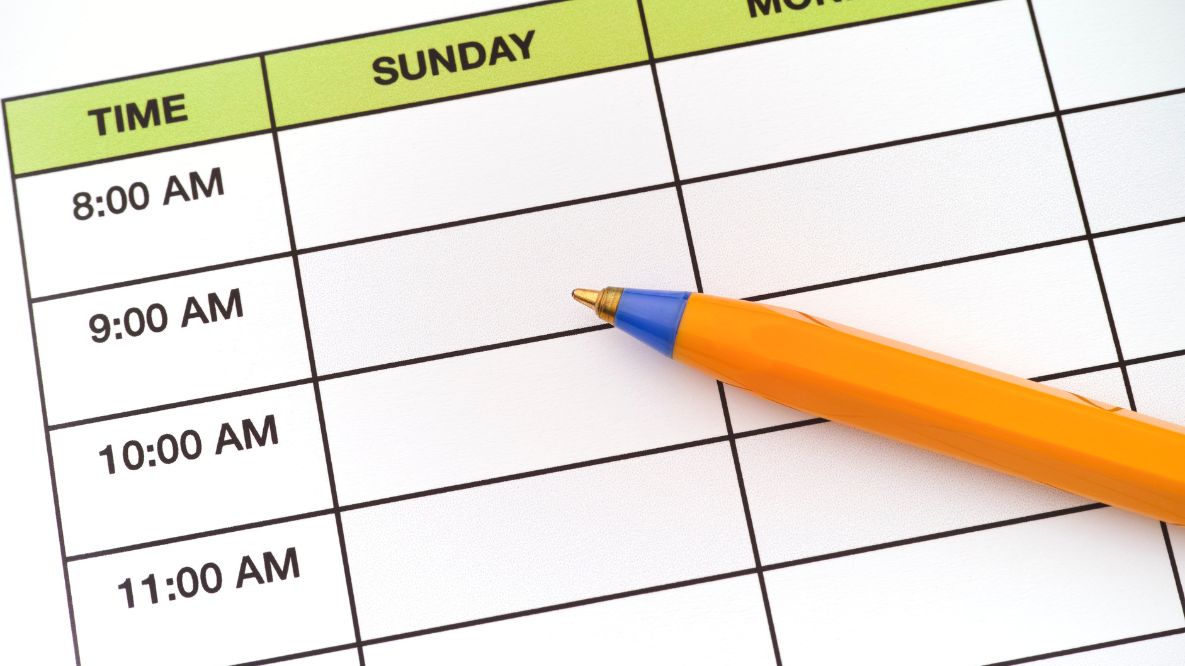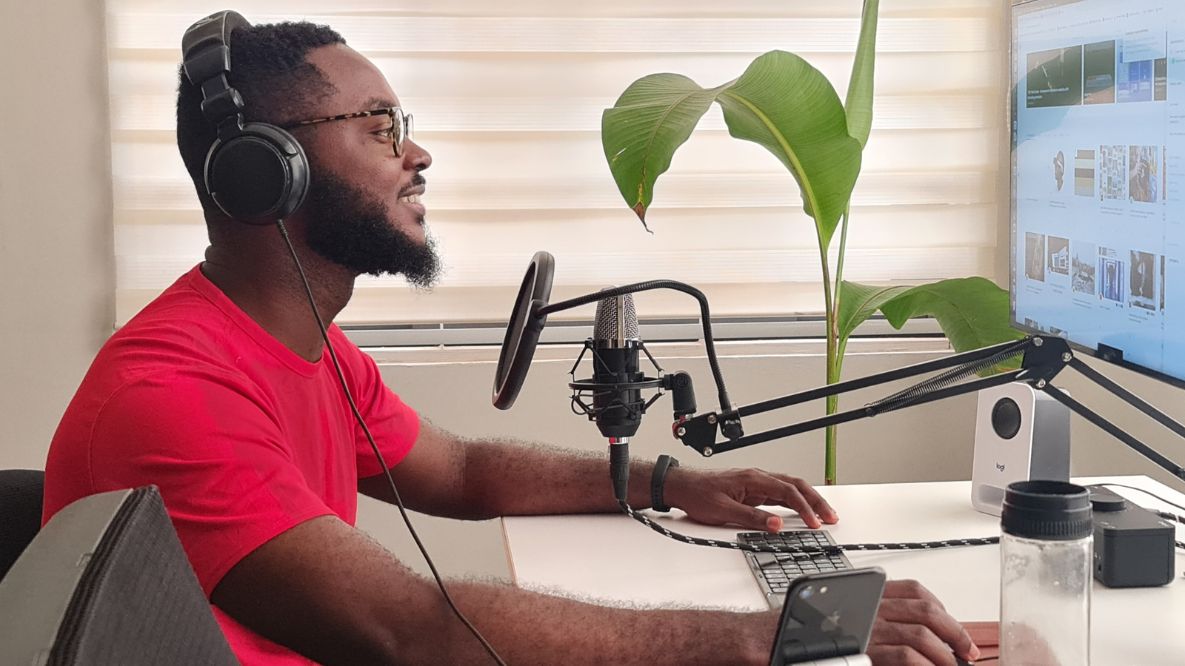Many of us who play poker dream of leaving the rat race behind and becoming bonafide full-time poker professionals. While many are called, few are chosen, and the dream of becoming a poker professional remains just that for most people. However, if you’re serious about poker and want to give it your best effort, what are the steps you can take to make poker your full-time job?
Understand Variance

For many people, becoming a full-time poker player is a case of “be careful what you wish for!” Variance is the term given to the uncertain short-term outcomes for which poker is well known, but it can of course apply to the swings in fortune in any game where luck plays a role. Being a full-time poker pro is not for everyone, and it certainly comes with its own challenges, such as the stress of bankroll swings. It’s not uncommon for winning players to go a week or a month without winning. Make sure you’re emotionally ready to handle those downswings, as they hit a lot harder when you’re relying on that income to pay your bills. Many good profitable regulars mix in other roles, whether full-time or side hustle, to ensure that they’re not 100% reliant on their poker profits.
Know Your Edge
You should also be confident that you are already skilled enough to beat the game at a certain stake before you even consider turning pro. If you have any doubt about whether you’re a winning player in the game you’re playing, you’re not ready to go full-time. If you are confident that you can beat your game, make sure that your win rate in these games is enough to turn a decent living. Having a 1bb per hour win rate at $1/$2 isn’t going to pay the bills!
Make A Schedule

One of the toughest things about becoming a full-time poker player is playing enough volume. Once you turn pro, you’re relying on your poker income for your living, so you need to be playing a significant amount of poker each month to cover your expenses. The best way to do this is to create a schedule where you outline how much poker you’re going to be playing each week or month. A good rule of thumb is to look at your win rate in the games you’re playing, work out from there how much poker you need to play to reach your monthly $ target, and then double it. This gives you a chance to play through any variance you may encounter and have a better chance of having a winning month/week.
Manage Your Finances
The biggest problem people face when going full-time in poker is financial – specifically worrying about having enough money each month. Poker is a brutal game, and there’s no guarantee that you’re going to have a winning month just because you’re a winning player. That’s why we recommend setting aside at least one year’s worth of living expenses before turning pro. Having financial security allows you to play your best poker, as you don’t have to worry whether or not this hero call will mean that you have to skip a meal tomorrow. Always keep your poker bankroll separate from your living expenses, and if you feel like you’re not earning enough to support your lifestyle, there’s no shame in finding a job and trying again another time.
Accumulate a Bankroll

As well as setting aside a year’s worth of living expenses, you need to have a dedicated poker bankroll for the games you’re playing. The size of the bankroll will depend on the games you’re playing and your perceived edge over the other players in your games. Tournament players should have at least 200 buy-ins for their average buy-in if they’re playing professionally, and cash game players should have at least 50 buy-ins for their games. Having such a big bankroll allows you to manage any variance without having to dip into your “life roll.” It’s important to keep your poker bankroll separate from your “life roll”, as playing with money that should be used to pay rent is never a good idea.
Have a Plan
One thing that many prospective poker professionals fail to do is plan for the future. It’s all well and good being able to crush your local $2/$5 game now, but what’s going to happen a year from now, five years from now, or ten years from now? Are you in poker for the long haul, or are you trying to make some easy money while the games are good and then jump back out after a year or so? You need to have a solid plan of what you hope to achieve as a professional, what stakes you want to move up to, and how you’re going to achieve that goal.
If you’re looking to rise up the ranks and become one of poker’s best, you know that you’re going to have to put in a lot of studying to get there and probably live in a place with access to online poker. However, if you’re just in it to make some quick cash while your local games are juicy, you don’t have to dedicate yourself as much to the craft. Knowing your aims will better allow you to plan your time effectively, manage your expectations, and hit your targets.
Explore Alternate Poker Revenue Streams

While it’s appealing to be able to say that you make your living entirely off the back of your poker skill, the reality is that many of the most successful poker players don’t solely earn their money from playing poker. There’s a lot of money to be made in poker-adjacent fields, such as Twitch streaming, poker coaching, or becoming a poker content creator. It’s always a good idea to diversify your income, and having a solid, reliable revenue stream from another poker-related role is a good way to soften the blow of losing months and help break the monotony of the grind.
Be Prepared to Fail
The sad reality is that many players who set out on their dream to become poker professionals don’t make it. It’s a very competitive field, and it’s tough to earn enough to live just by playing a card game. Many people who take the plunge realise they could be earning a lot more with a lot less stress at a regular job, so they decide to go back to their old lives and keep poker as a hobby. It’s important to know that there’s no shame in trying and failing – if you’re brave enough to stick your neck out there and try to achieve your dream, then you should be applauded for doing so. Even if things don’t work out, at least you’ll be able to say you tried.
Summary
Poker is often described as “a hard way to make an easy living,” and for good reason. It may seem like an easy life, showing up to the casino every day and just playing cards to earn your living, but it’s a lot harder than it looks, and the swings are too much for most people to bear. However, if you’re dedicated and have the skills, you have a chance to make it work, and hopefully, this article will have given you some helpful tips on how to get started.





















